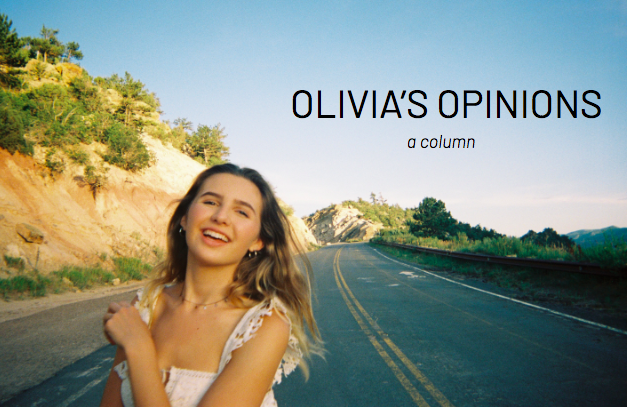Olivia’s Opinions: TikTok Trends Aren’t Just Trends
September 9, 2019
Olivia’s Opinions is back! Please keep in mind this is an opinionated piece, and I may not agree with your point of view. If you have commentary on the subject, please feel free to comment below. Ideas are always welcome!
Circa 2014, a new app emerged in the sea of online programs. Even amidst other popular, well-established social software, it didn’t take long for the app to find its niche among teens and young adults. Suddenly, an epidemic began to overtake young communities. Kids spent hours choreographing intricate dances for remixed beats, performing for crowds of online followers. Others memorized monologues from popular series or movies for their own emotional lip-synching scenes. By the time the world noticed the flourishing spread of the app’s influence, it was too late. Musical.ly had grown too strong.
In all honesty, many individuals adored the app and the creativity it fostered. But then it stifled. Users fell off, creators vanished, and the app’s popularity dissipated. Musical.ly became the butt of jokes, subjected to critical commentary and social mockery. Accounts were quickly deleted in fear of receiving similar treatment. It seemed Musical.y had met its final demise…
Yet it only took a name change and a wave of new content to revive the slain application. Musical.ly’s revival as TikTok (in 2016) was initially met with scorn by the teen community. Many despised the app’s similarity to Musical.ly and expected the application to even meet the same fate. However, a year or so later, it began to establish a new identity. One of comedy, creativity, and culture. Like a phoenix, it arose from the cultural ashes of its past for a future of acclaim. TikTok, much to the chagrin of initial critics, went viral. And so did its trends.
When a trend begins to flourish on TikTok, it becomes far more than just a hashtag. It becomes a social reference. It’s repeated in reality, mentioned in everyday conversations. A trend can take on a life of its own, spreading past the technological sphere. It can proliferate into the real world, or more notably, the music industry.
I took a look at Billboard‘s Hot 100 (located here). Lizzo’s “Truth Hurts” championed as the number one song (for this week). Not entirely a shock. The catchy melody dominates radio playing time, so much so my mother knows some of the lyrics (no shade to my or anyone’s mother, of course). However, the song’s origins may be surprising to some. After all, the current titleholder took some time to reach top… approximately 2 years. Lizzo released the song way back in September of 2017. So why the sudden viral success?
TikTok. Months before the song dominated charts, it arrived as a trend on the app. Many used the app as a ‘sound’, something to dance and crack jokes to. The videos, enabled by Lizzo’s music, circulated through the app and the internet. One could not elude the witty lyrics or rhythmic chorus. It populated each corner of the social media stratosphere, even taking over Instagram. Suddenly, everyone recognized the song, and suddenly, everyone began to listen to it. Its popularity shifted from social media to listening apps (such as Spotify, Apple Music, etc) and radio, launching Lizzo’s song to imminent success.
Of course, Lizzo’s achievements aren’t only due to TikTok. Lizzo is, arguably, talented. Though music is subjective, her song displays vocal talent and lyrical creativity. She’s played multiple venues and her popularity only continues to flourish. Though, the entertainment industry often demands more than talent. Many gifted performers never reach the top. They often need luck, connections, or sometimes TikTok, to provide the extra push into popularity.


